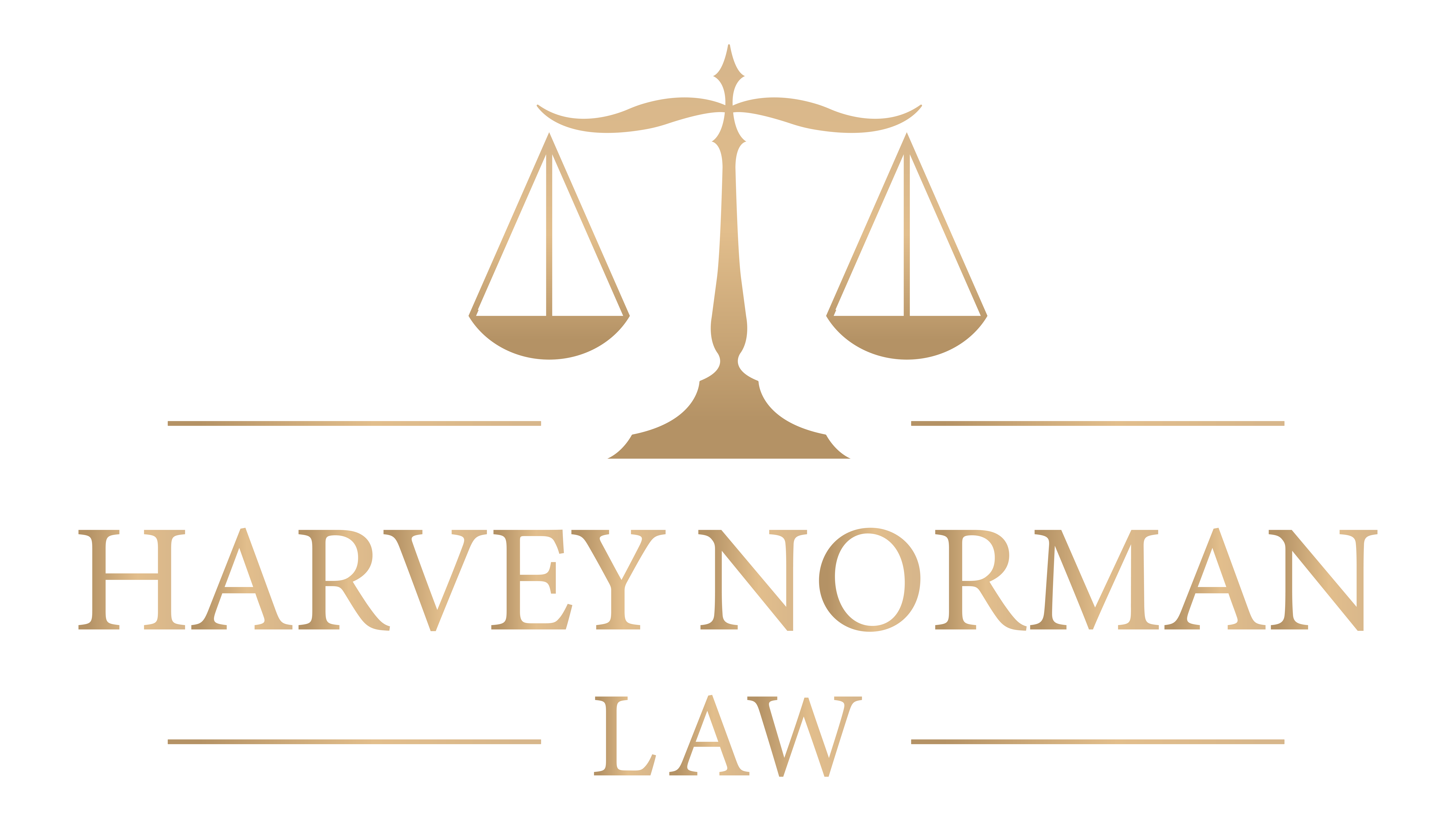How to Choose the Right Business Structure for Your Startup
Selecting the right business structure is a critical decision for entrepreneurs, directly impacting your liability, taxation, operational requirements, and fundraising capability. Although there’s no universal solution, understanding each structure’s advantages and disadvantages can significantly simplify your decision-making process. Here’s an overview of common business structures and key factors to consider:
Common Business Structures
Sole Proprietorship
Ideal for solo entrepreneurs with minimal risk and modest capital requirements.
Advantages:
-
Easy and cost-effective to establish
-
Full control over business decisions
-
Straightforward tax filing (personal tax returns)
Disadvantages:
-
Unlimited personal liability for debts
-
Restricted fundraising capability
-
Difficulty in establishing business credit
Limited Liability Company (LLC)
Combines liability protection of a corporation with partnership-style taxation flexibility.
Advantages:
-
Limited personal liability for business obligations
-
Pass-through taxation (profits/losses reflected on personal tax returns)
-
Flexible management structure
Disadvantages:
-
More complex formation process than sole proprietorships
-
Possible self-employment tax obligations
-
Increased fees and administrative requirements
Corporation (C-Corp or S-Corp)
Corporations operate as independent legal entities owned by shareholders, offering substantial liability protection.
Advantages:
-
Limited liability for shareholders
-
Enhanced fundraising potential through stock offerings
-
Tax benefits (notably S-Corporations)
Disadvantages:
-
Higher complexity and cost for formation and maintenance
-
Double taxation issue for C-Corps (corporate earnings taxed and dividends taxed again)
-
Extensive regulatory compliance and paperwork
Key Factors to Consider
Liability Protection
Businesses with higher risk profiles benefit from structures offering robust liability shields, such as LLCs or corporations.
Flexibility
LLCs provide significant flexibility in management and scalability. Sole proprietorships offer maximum control but limited growth potential.
Tax Implications
Each structure carries distinct tax considerations. LLCs and S-Corps offer pass-through taxation, potentially reducing the overall tax liability.
Growth and Funding
Corporations are optimal for businesses aiming to secure venture capital or consider going public. LLCs may also appeal to specific types of investors.
Administrative Burden
Consider your willingness and capacity to handle administrative tasks. Sole proprietorships are simplest, while corporations require extensive ongoing compliance.
Making Your Decision
Balance your current business requirements against future ambitions when choosing your structure. Starting with a straightforward structure like a sole proprietorship or LLC can be practical, with the flexibility to transition to more complex forms as your startup evolves.
Always consult with professionals such as attorneys, accountants, or business advisors for personalized guidance tailored to your specific circumstances. Expert advice ensures your business structure supports your strategic goals and facilitates sustainable growth.
By thoughtfully evaluating these critical factors and obtaining expert input, you’ll confidently select the business structure that best positions your startup for long-term success.
Disclaimer & Next Steps
This article is provided for general informational purposes only and does not constitute legal, tax, or accounting advice. Reading it does not create an attorney–client relationship with Harvey Norman Law or any of its attorneys. Laws and regulations change rapidly and can vary by jurisdiction; you should consult qualified counsel about your specific situation before acting on any information herein. If you have questions or need tailored guidance, reach out to Harvey Norman Law below. We’re ready to help you protect, launch, and grow your business—start the conversation today.
